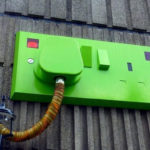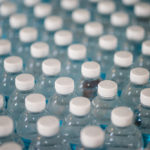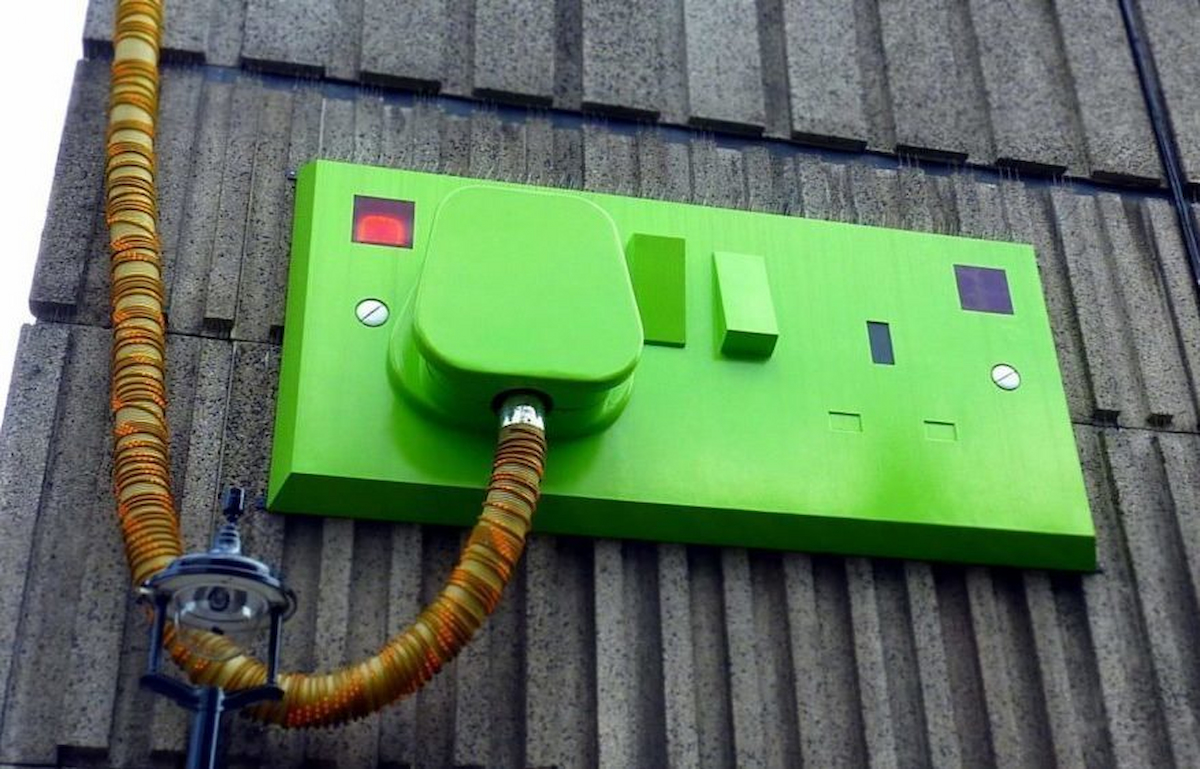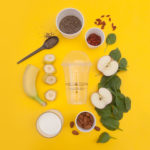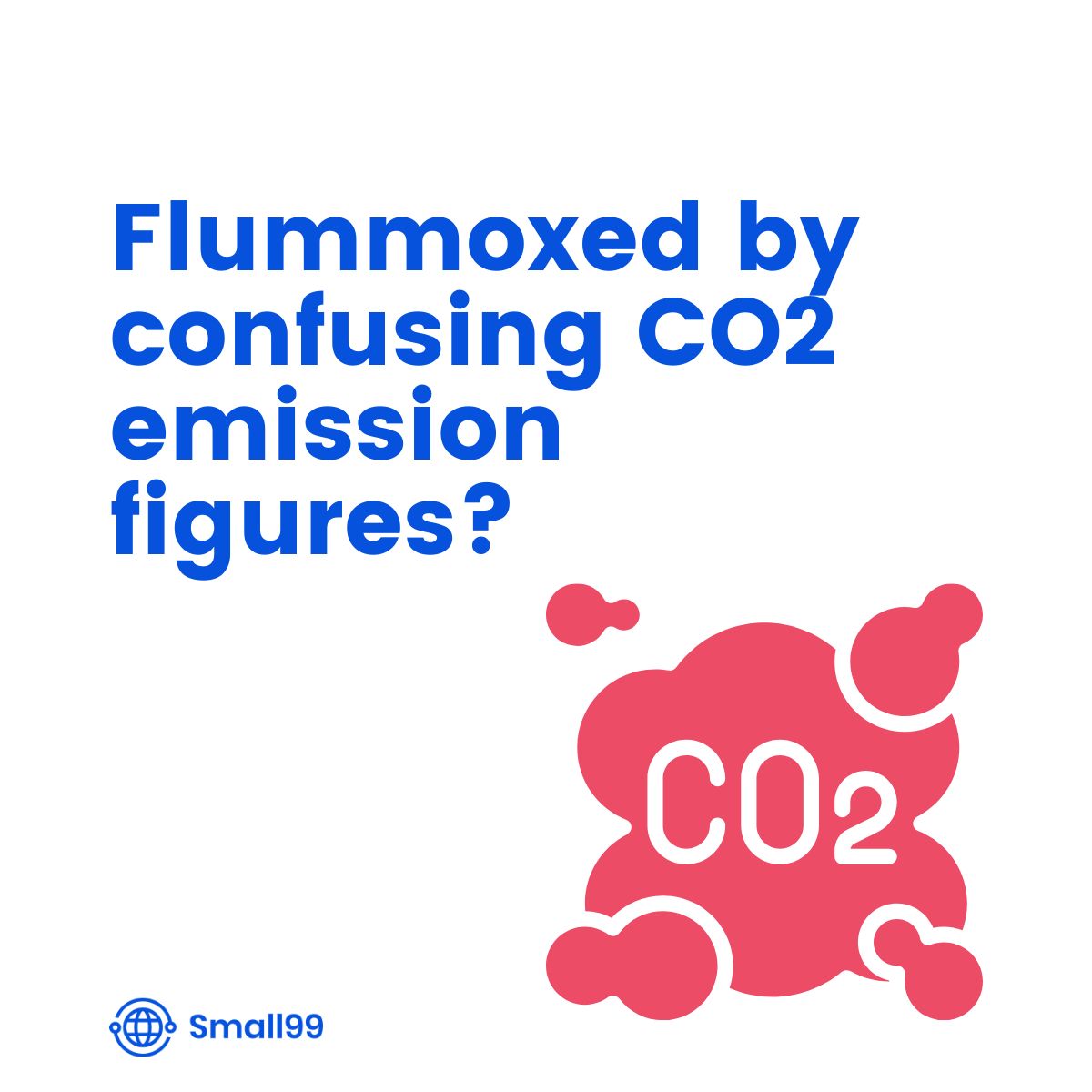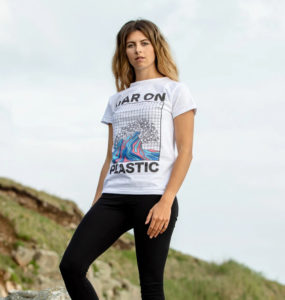Name of the Company: Decent Packaging
What they do:
Packaging for takeaways and coffee shops, made from plants. Everything from branded coffee cups through to cutlery and toilet roll.
What they do well:
They are transparent in the definitions they are using, with “compostable” being defined as commercial compostable, and are clear that plastic recycling isn’t a good enough excuse for commercial users. Everything they do can be “unmade” which is a nice way of representing the circular model.
They have a lot of information about their materials and waste management which is clearly explained, so that any small business can understand and get on board.
What they could improve:
Better examples of their products up against alternatives would demonstrate the benefits more clearly to customers. For example, their paper bags make no mention of potential savings when purchasing the equivalent plastic. Their napkins could also go further to compare the materials they use vs other brands that may use paper.
They also do not have a clear environmental policy page. This important information is sporadically spread around their site and hard to find. While they do recommend some collection partners for outsourced composting, I would like this to be clearer on product pages so that it’s easier to see how your business could implement a circular economy.
For example, it’s not clear if a customer buys a plant-based cup and throws it into a public bin, whether this would still be compostable or if it breaks the cycle.
What does their environmental policy say:
They don’t have one! Some information on carbon neutrality is laid out on their “About” and “Waste” pages, but this is limited and hard to find.
What can you learn from them:
- Importance of a clear environmental page – Put all of your information around this in one central place, and link out as necessary. I had to dig around to find all the information I needed
- Be Transparent – If your products are “compostable”, but only under certain conditions – tell me what they are. Having this on their product pages gave me confidence and trust in the brand
- Link to Partners – If you work with partners who can help with waste management, do so. It helps close the loop if you can demonstrate and provide clear solutions on what to do with your products once they have been used.
What is the cost?
Below are some per-unit calculations comparing their product range to non-environmentally friendly ones.
| Decent | Other | |
|---|---|---|
| Coffee Cup – 8oz | £0.05 | £0.03 (Plastic lining) |
| Bag | £0.20 (Paper) | £0.07 (Plastic) |
| Clear Cups | £0.08 | £0.04 |
Clearly, there is a slight premium to pay for the environmentally friendly alternative, however much less than expected on some items such as coffee cups. The materials are premium quality and consumers will broadly be happy to also pay a premium – an extra few pence on the price of a coffee is unlikely to dissuade them if the value is clearly communicated through branding.
A great brand with a good product range, but could go further with clarifying their commitments and comparing the benefits of eco materials to the alternative.

